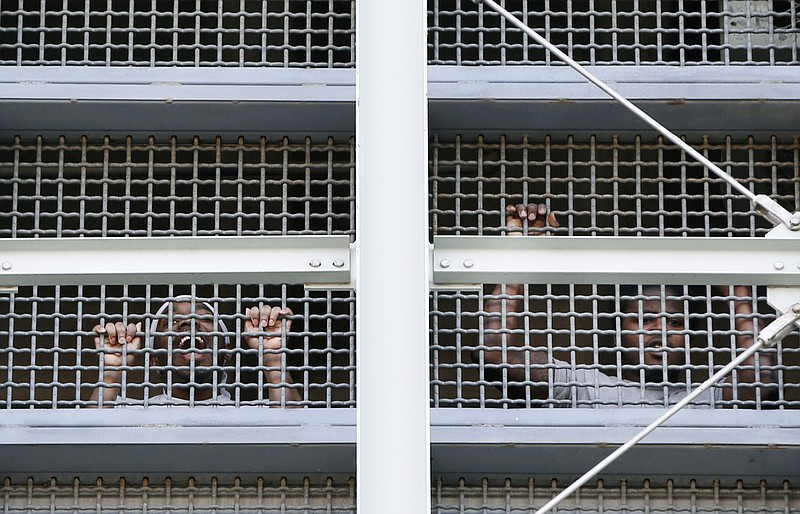Felony crime convictions in Tennessee, whether by a state court, a court in another state, or a federal court, cause one to forfeit their right to vote. That's as it should be.
When convicted felons serve their time, they can have their voting rights restored. That's also as it should be.
But being able to do so should not be a paperwork blizzard, a process that requires a law degree or a nightmare that is drawn out for months or years.
Several bills have been filed in the Tennessee General Assembly this year that deal with the difficulty felons have in restoring their voting rights. One of those would remove the requirement that those who have served their time in prison, plus their probation or parole, also would have to have finished paying their child support, court fines or fees before having their voting rights restored.
One need only consider the facts to see how such legislation makes sense.
An individual released from prison has not had a living-wage job. Unless the individual is wealthy (and few felons are), the individual has no visible means with which to pay their child support, fines or fees. Not being able to pay the monies should not negate the fact they are owed, but it also should not prohibit individuals from gaining back their voting rights.
"The rights restoration process in Tennessee is the definition of overly burdensome and complex," Colin Weaver, state director for Secure Democracy, a national organization involved in similar felon voting restoration efforts, told Andy Sher of the Times Free Press.
Over the past quarter century, fewer their 500 people annually (out of more than 320,000 eligible overall) have had their rights restored in Tennessee, according to three groups who partnered for a report on the issue.
We recall Demetrus Coonrod, now a Chattanooga city councilwoman, describing to the editorial board of the Times Free Press during her 2017 election bid the process of regaining her voting rights. Even for one who was bound and determined to get their rights back, she said, it was a complex, too-drawn-out process.
We hope the General Assembly will carefully consider all bills dealing with voting rights this term. Some may make sense and some not, but we would hope they would at least consider those that involve streamlining the process. The bills shouldn't remove the consequences of what the freed felons owe, but they need not make their attempts to gain back a right so precious as voting so onerous.
